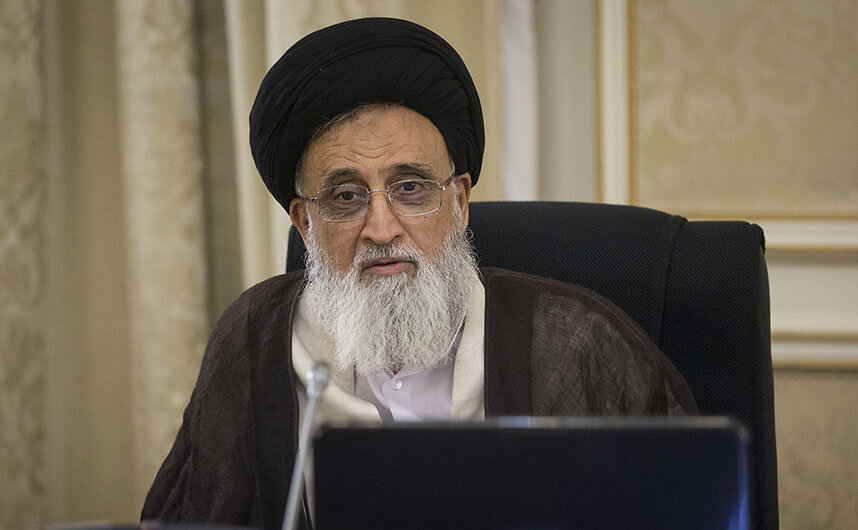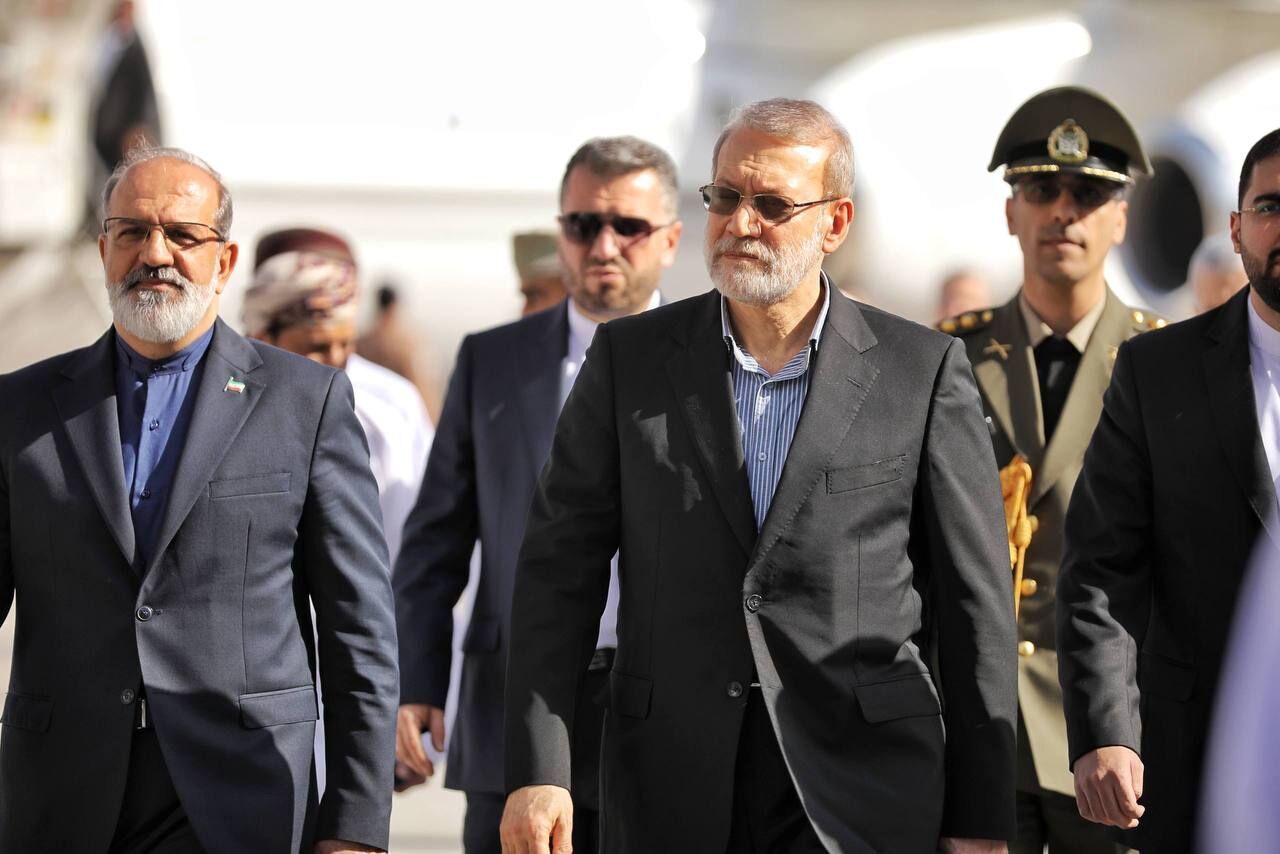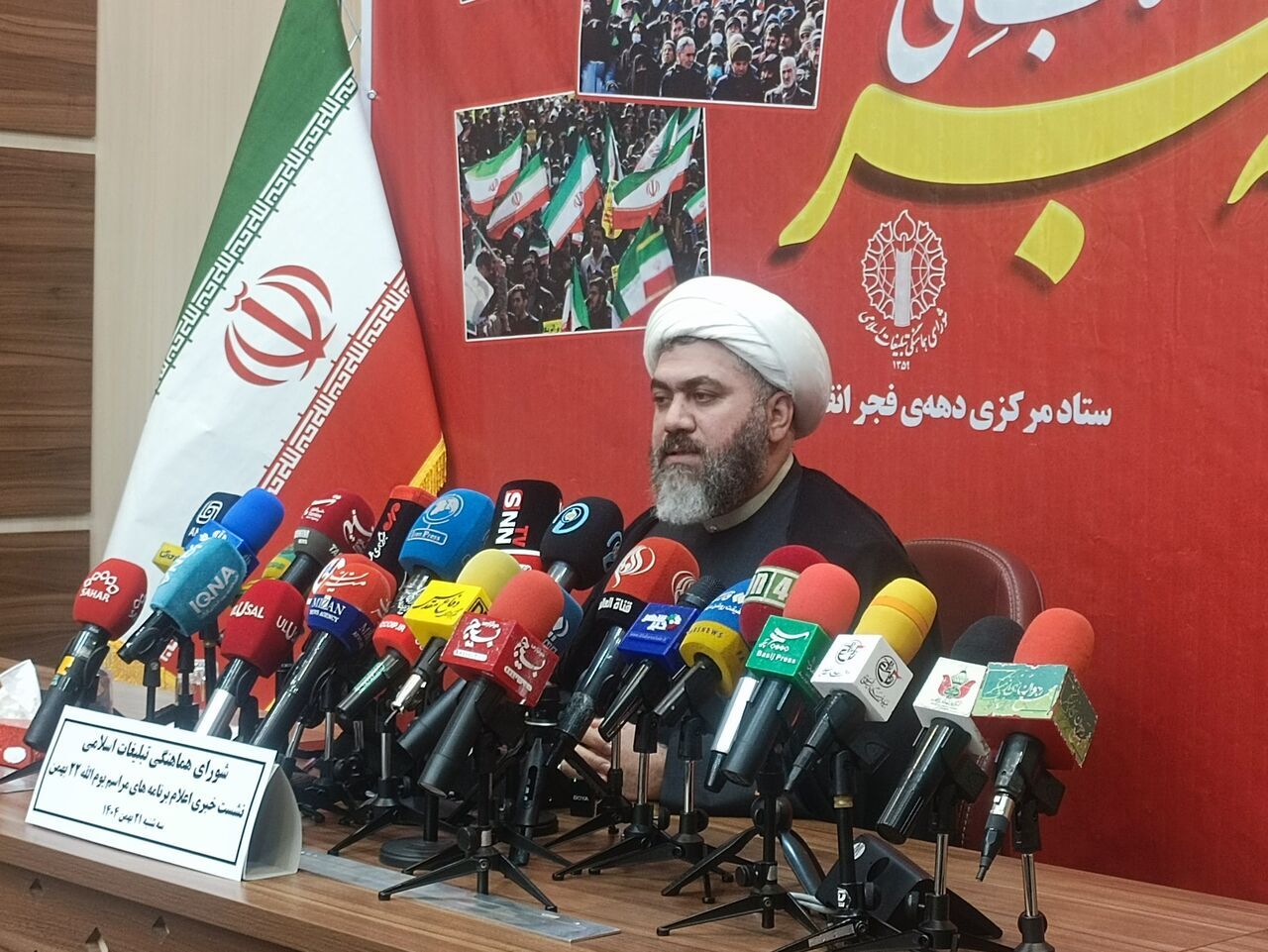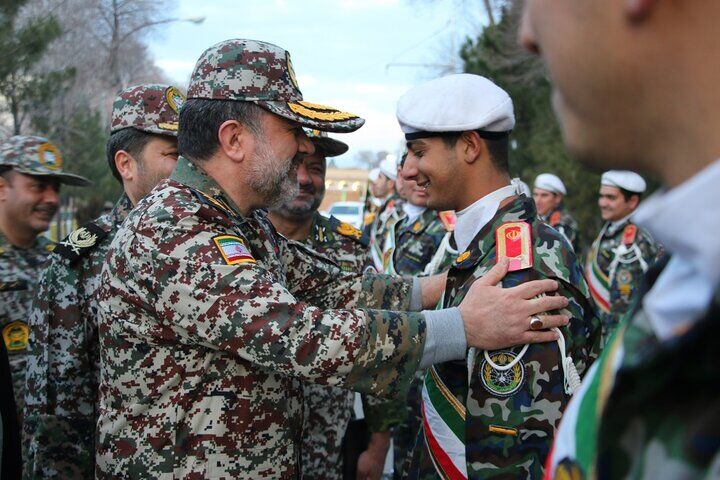From nukes to AI-powered drones: Saudi Arabia's sophisticated wishlist for Washington
From nukes to AI-powered drones: Saudi Arabia's sophisticated wishlist for Washington

Saudi Arabia's Crown Prince Mohammed bin Salman wants a defence deal that outshines Qatar’s, AI chips and AI-powered drones, and potentially, American nuclear weapons stationed in his country.
The wishlist reveals the confidence of a leader who arrives in Washington on Monday, having withstood pressure to normalise ties with Israel amid its genocide in Gaza. Then over the summer, he emerged unscathed, if not relatively stronger, by sitting out a direct war between Israel and Iran.
On the opposite side of the aisle is a US president willing to put up his country's crown jewels for negotiation: nuclear and AI technology.
The success of the crown prince's visit will be a reflection of President Donald Trump’s core instinct to bypass the American security establishment’s concerns about China and safeguarding US technology in exchange for racking up foreign sales from one of the world’s few major economies that has the cash at hand, despite stretched budgets, to splash big.
There was a time when Middle Eastern leaders came to the White House to discuss deals that basically just kept Boeing and Lockheed Martin humming. The shah of Iran, with his encyclopedic knowledge of weapons systems, was notorious for such visits. But experts say Mohammed bin Salman’s sophisticated shopping list reflects his view of a much more mature and forward-thinking kingdom.
“MBS is not looking for cooperation in a single area, but to strengthen US-Saudi cooperation in the long term. That is a two-way flow of technology and trade," Ayham Kamel, Middle East president at Edelman Public and Government Affairs, told Middle East Eye.
“Saudi Arabia still wants to be part of a multipolar world order, but it is pivoting to take advantage of its closeness to Trump,” he added.
Nukes and defence agreement
One of the areas to watch, experts say, is a Saudi push to be included under the US’s nuclear umbrella. Days after Israel attacked Hamas negotiators in Qatar, Saudi Arabia signed a defence pact with Pakistan, the only nuclear-armed state in the Muslim world.
Pakistan is estimated to possess around 170 nuclear warheads. Saudi and Pakistani descriptions of the deal said it encompassed all military options.
The Americans’ nuclear talks with Saudi Arabia have been kept under tight wraps, but one former US intelligence official said the idea of extending protection to the kingdom could serve a purpose.
“It would pull them [the Saudis] out of the Pakistanis’ nuclear umbrella and make the Saudis feel better than the Qataris," he said.
'This is a two way flow of technology and trade'
- Ayham Kamel, Middle East president at Edelman Public and Government Affairs
“I think we should look for some language next week that points to Saudi Arabia being linked to the US nuclear arsenal,” the former official said.
MEE reported previously that the Trump administration gave its approval for the Israeli attack on Qatar. The decision discredited the decades-old foundation of the US’s status as the security guarantor of the oil-rich region.
But for Saudi Arabia, that image started to fray as early as 2019 when Iran attacked its Aramco oil facilities. The first Trump administration refused to retaliate against Tehran or its allies, the Houthis, whom Saudi Arabia was fighting at the time.
“The memory of September 2019…still looms large,” Hesham Alghannam, a Saudi defence analyst in Riyadh, said at an event hosted by the Arab Gulf States Institute in Washington on Wednesday.
In a bid to mend ties with Doha after the Israeli attack, Trump signed an executive order that guarantees Qatar’s security and says the US will regard any attack on the Gulf state as a threat to its own “peace and security”.
Few officials in Washington or the Gulf put much stock in the pledge. Unlike the US’s treaty commitments to Japan and South Korea, executive orders can be revoked at any time, and incoming governments may not honour them.
Experts say Saudi Arabia wants something stronger, with the knowledge that it will not get a Senate ratified treaty.
“Riyadh is not seeking symbolic protection. It wants a credible and clear defence arrangement. Not MOUs with no action plan. Something more than the partial offers the kingdom is getting now,” Alghannam added.
Saudi Defence Minister Prince Khalid bin Salman and national security adviser Musaad al-Aiban were in Washington earlier this week to iron out the potential defence pledge.
Before he has even landed in Washington, one of the successes of the crown prince's visit has been the Saudi’s ability to disentangle bilateral deals with the US from Israel, experts say.
The US and Saudi Arabia had been discussing a Senate ratified defence treaty as part of a quid pro quo for Riyadh to normalise ties with Israel.
Before Trump visited the kingdom in May, Saudi Arabia had pre-negotiated the talking points to make sure normalisation was not on the agenda, MEE was the first to reveal.
Despite a fragile ceasefire holding in Gaza now, and Trump’s claim that Riyadh will normalise ties with Israel before the year’s end, western and Arab diplomats tell MEE that Saudi Arabia is just as reluctant to return to those discussions.
In addition to a ceasefire, the kingdom wants to see steps towards the creation of an independent Palestinian state, something Israel is loath to agree on.
Can Saudi Arabia enrich uranium?
Saudi Arabia and the US were also in talks about reaching an agreement on civilian nuclear energy as part of a reward for Riyadh to establish ties with Israel.
Those talks are still on - even if normalisation is off the agenda. US Energy Secretary Chris Wright visited Saudi Arabia in the spring to discuss cooperation in nuclear technology.
While Trump considers the Abraham Accords a key success of his foreign policy, he is also seeking business deals.
The allure of US companies like Westinghouse and Bechtel, which build nuclear reactors and the infrastructure to support them, profiting from a nuclear deal with Saudi Arabia, may be enough to overcome sidelining Israel, experts say.
In 2009, the UAE signed a so-called 123 agreement by which they promised not to enrich uranium in order to receive US permission to start a civilian nuclear programme.
'We will enrich it and we will sell it and we will do a yellowcake'
- Saudi energy minister Prince Abdulaziz bin Salman
The crown prince and his advisors have pushed for a deal that will allow them to enrich uranium, which they say the kingdom holds vast reserves of.
“We will enrich it and we will sell it and we will do a ‘yellowcake'," Saudi Energy Minister Prince Abdulaziz bin Salman said at the start of the year, referring to a step in the process that comes after mining, but before enrichment.
“Not enriching would be a major concession by the Saudis. It’s an economic issue because the Saudis know they can make more money off their uranium by enriching themselves instead of exporting it. But it is also a matter of national pride. The question is, if they don’t enrich, what is their pay-off from Trump?” a Saudi-based analyst told MEE.
Bernard Haykel, a professor at Princeton who is seen as close to Saudi decision makers, said at the Arab Gulf States Institute event that the trade-off could be nuclear weapons.
“I suspect for now that they will give up on enrichment and processing, but they will want a nuclear umbrella protection from the US,” Haykel said. “Which may involve the deployment of US nuclear weapons systems on Saudi soil.”
Gregory Gause, a visiting scholar at the Middle East Institute think tank in Washington, told MEE: “Historically, we have had nuclear weapons stationed all over the place. It doesn’t require Congress to approve the stationing of nuclear weapons in Saudi Arabia.”
“We also have nuclear-armed submarines that can go anywhere in the world. Trump could just say we will commit to nuclear-armed submarines patrolling the Indian Ocean.”
Will Saudi Arabia get F-35s?
Saudi Arabia is bringing 1,000 officials on 18 planes to Washington for the visit, a US official briefed on the preparations told MEE.
Monday will mark the first time since 2018 that Crown Prince Mohammed bin Salman will visit the White House.
Seven months after that trip, he ordered the killing of Washington Post columnist Jamal Khashoggi, triggering a torrent of criticism by human rights groups and former US President Joe Biden when he was campaigning for office.
Riyadh’s ties to the US were strained during the Biden administration’s early days, but by 2022, they recovered, in part because the US needed Saudi energy after it sanctioned Russia in response to its invasion of Ukraine.
Crown Prince Mohammed bin Salman emerged from that rupture in a much stronger position. He sought a truce with the Houthis in Yemen and has patched up ties with Iran. The crown prince moved out of isolation long ago. This visit, experts say, is about consolidating the raft of deals that the US and Saudi Arabia committed to when Trump visited the Gulf in May.
The two announced $142bn in defence sales. At the time, MEE revealed that F-35s, stealthy fifth-generation fighter jets, were part of the prospective agreement. Reuters reported last week that the sale could include up to 48 F-35s.
Some US and Israeli officials have been concerned about the sale for months, as MEE and others have reported. Israel is the only country in the Middle East to operate the F-35, which it views as a key part of its qualitative military edge against its neighbours.
Plans to sell F-35s to the UAE as part of its establishment of diplomatic ties to Israel stalled during the Biden administration over concerns that China could gain access to the technology. US officials have been raising those concerns about Saudi Arabia for months also, current and former US officials tell MEE.
Richard Aboulafia, an aerospace expert at Aerodynamic Advisory, said if the deal went through, they wouldn’t start getting deliveries until three or four years from now, as they would be behind several European countries that have already placed orders.
Aboulalafia said concerns about maintaining Israel’s qualitative edge have been a perennial issue in warplane sales to Saudi Arabia.
In the 1990s, the US sold the kingdom F-15S strike eagle warplanes with downgraded radars and inferior electronics countermeasures, in part to appease pro-Israel lobbying groups.
“The Israelis will be a little concerned, but usually, that is addressed because Israel gets technological rights to enhance their stuff, that the Saudis do not get,” Aboulalafia said.
“The F-35 is also, to a far greater extent than any other aircraft, vulnerable to a kill switch,” he added, meaning that the US can remotely disable the warplanes.
Israel itself has pioneered advancements on the F-35 with the US’s support. Israel modified its version of the warplane, the F-35I Adir, to carry external fuel compartments without compromising on its stealthy features, MEE reported. That modification allowed Israel to fly the F-35s thousands of miles round-trip to Iran, without refuelling, during its surprise attack on Iran in June.
Alghannam, the Saudi analyst, told the Arab Gulf States Institute that this is the kind of cooperation, what he called “the localisation of content”, is what Saudi Arabia is really seeking from Trump.
He said, “without US assistance”, Saudi Arabia’s state-owned weapons manufacturer, Saudi Arabian Military Industries, could not become a “serious” player in the industry.
Drones to data centres: Saudi Arabia's AI agenda
In addition to F-35s, the US and Saudi Arabia have been discussing the sale of hundreds of MQ-9 Reaper drones.
However, defence industry insiders and officials say that the kingdom is becoming more selective, and the space to watch for deals during this visit is with smaller defence players.
Saudi Arabia has been in talks with Shield AI, a US start-up whose AI-supported V-Bat drone is operating in Ukraine. The company is also working on a so-called vertical takeoff drone that carries both air-to-air and air-to-surface weapons.
“Riyadh is a big area of interest,” one person briefed on the discussions told MEE. “The Saudis are looking at mid-sized drones. They want Collaborative Combat Aircraft that can fly alongside warplanes, and they want drones suitable for maritime surveillance.”
Like its smaller neighbour, the UAE, Saudi Arabia is also eying American AI chips. In May, Nvidia announced plans to sell thousands of its advanced Blackwell chips to Humain, an AI firm owned by Saudi Arabia’s $1 trillion Public Investment Fund.
The kingdom is pitching itself as an AI hub with cut-rate electricity prices to power data centres. Humain is building data centres from Riyadh to Dammam, which it says will have 6.6 gigawatts of capacity by 2034. Saudi AI company Datavolt is building a $5bn data centre on the kingdom’s Red Sea coast.
While AI deals were announced with fanfare during Trump’s visit to the kingdom in May, the delivery of chips has stalled, with no public announcements.
Some US officials have raised concerns that China could gain access to the US’s AI technology in Saudi Arabia. The crown prince is expected to push for progress on the deals in Washington.













